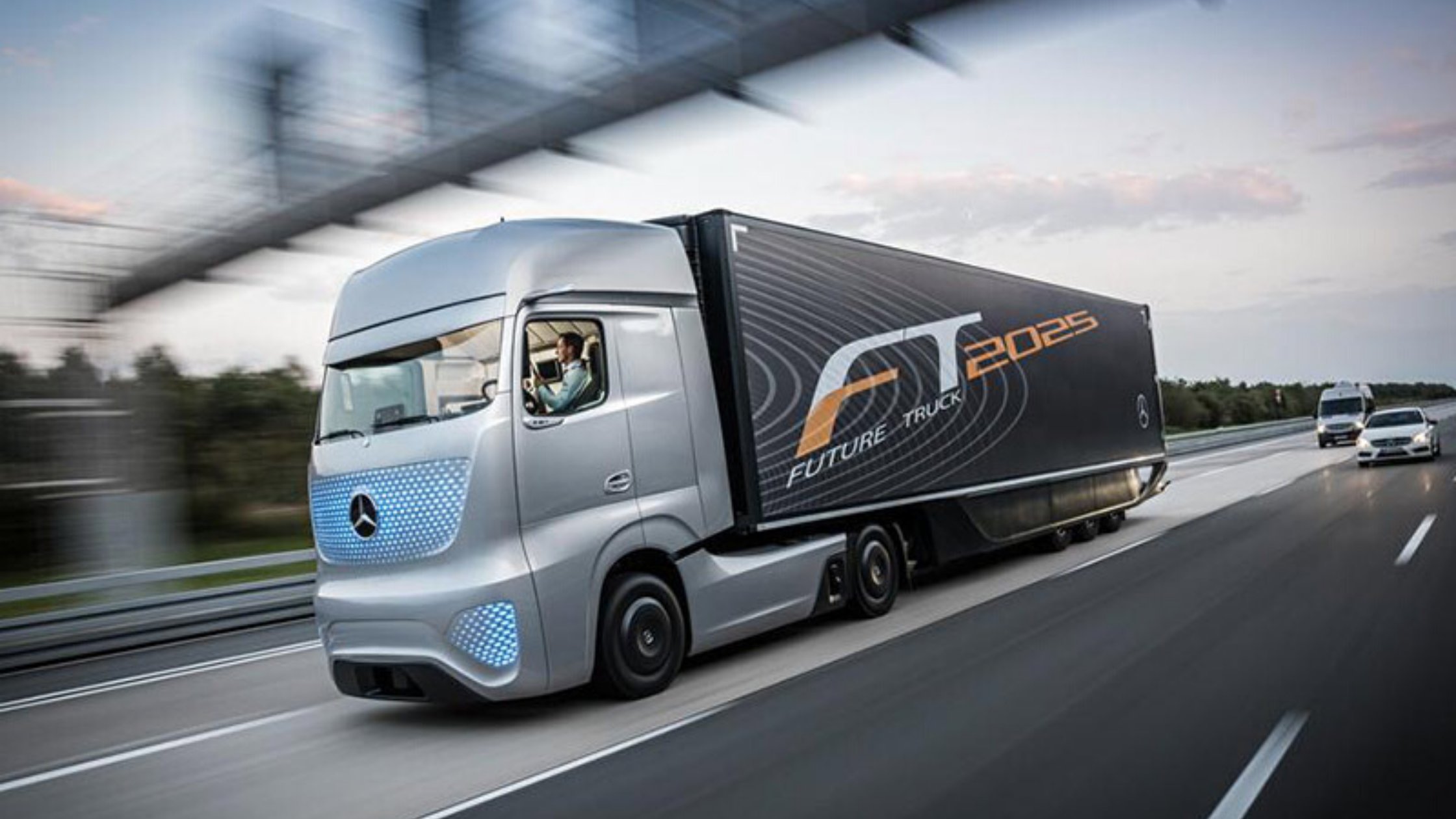As the coronavirus took its toll on the world in 2020, some industries—like the hospitality sector—were deeply impacted as government-mandated restrictions and virus-related fear prevented restaurants and bars from operating at maximum capacity. E-commerce, on the other hand, saw an enormous surge in demand with companies like Walmart and Amazon seeing record levels of revenue during the pandemic. The trucking industry, too, was not insulated from the impact of the pandemic. Large numbers of jobs lost and new challenges on the roads forced the industry to quickly adopt innovative new technologies in order to overcome the impact of the pandemic. Here are four technology trends emerging in the trucking industry that owner/operators should keep an eye on in the coming months.
1. Autonomous Vehicles
Almost straight out of a science-fiction movie, autonomous—or self-driving—vehicles are becoming a reality as manufacturers like Tesla begin producing more autonomous consumer vehicles. The trucking industry has become an early adopter of autonomous technology for their freight shipments due to an increased demand for shipping and a shortage of long-haul drivers—caused by economic instability and the tough nature of the trucking industry. Autonomous trucks manufactured by Waymo are already in use on the roads today in California, Arizona, New Mexico, and Texas, and Waymo has plans of expanding into more states in the future. Proponents of autonomous vehicles argue that self-driving semi-trucks will eliminate human error behind the wheel, lower costs of shipping, and increase efficiency across the board for trucking companies. There is some trepidation about turning toward autonomous vehicles; some worry about accidents caused by self-driving trucks while others worry about the loss of critical jobs due to the addition of autonomous vehicles. If companies begin turning toward utilizing their own autonomous vehicles, it could have a negative impact on the number of available trucking jobs.
2. Smart Technology
Another important trend to watch out for in 2021 is the use of new and improved technologies to optimize the efficiency of long-haul shipping. Smart technologies on trucks improve safety for lane departure detection, lane keep assist, assisted braking, tire pressure monitoring, and even load stability. Furthermore, logistics companies are utilizing new technology for enhanced tracking and reporting to minimize human error and to have a better grasp of where their freight is at all times. The improved tracking is beneficial for planning when truckloads can be dropped off and picked up, as well as for providing customers with accurate updates. Alongside this technology, owner/operators can use new technology to locate cargo while on the road to reduce the amount of time spent on the road with an empty truck. With freight matching technology, drivers can ensure their trucks are always full and they are maximizing revenue capabilities at all times.
3. Data Analytics
Data analytics has made its way into pretty much every industry, from marketing to manufacturing to the trucking industry. Owner/operators use analytics to capture important data pertaining to their cargo, their trucks, and their routes; using this data, they can make valuable improvements to their performance, thus saving time and money and even helping them to drive more safely. According to Transmetrics, one study conducted by Supply Chain Management World found that “64 percent of executives think that big data and the insights it brings will have a disrupting power that can pivot the industry forever.” Data analytics also provide valuable insights into freight markets that help owner/operators uncover trends and patterns in the industry to pinpoint new opportunities and improve existing ones.
4. Electric Trucks
Electric trucks are making their way into the freight industry. Tesla already designed an electric semi-truck that can travel almost 500 miles on a single charge, and in 2019, Neuron EV released the TORQ, a fully electric semi-truck. With rising fuel costs, electric trucks can save owner/operators money in the long-term, improving their overall bottom line. Additionally, electric semi-trucks are much better for the environment, and companies have begun employing electric trucks to lower their carbon footprints. While electric trucks will not be replacing your entire fleet right away, they might eventually as states like California begin passing legislation to crack down on carbon emissions produced by the trucking industry.
As truckers begin preparing for 2021, it’s important to embrace the new technologies that are changing the long-haul industry for the better. While the trucking industry isn’t going anywhere, we’re seeing the emergence of new technologies that can benefit both drivers and carriers. Autonomous vehicles, smart technology, data analytics, and electric vehicles are reshaping the modern trucking industry, making the job easier, more accurate, and safer along the way.



